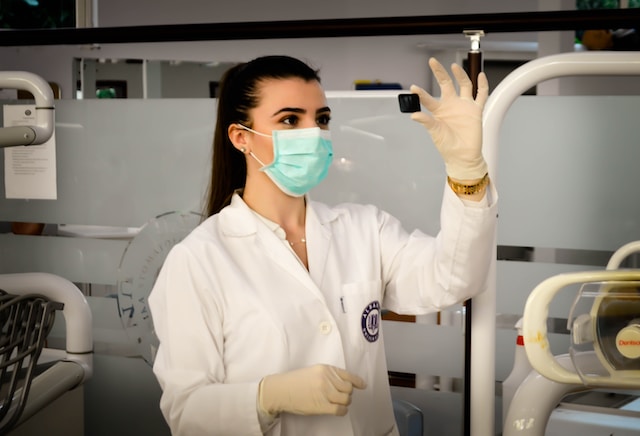As a mental health professional who has dedicated my career to supporting individuals on the path to wellness, I’ve witnessed firsthand the unique challenges that come with navigating a dual diagnosis. When someone is simultaneously struggling with a substance use disorder and a mental health condition, the road to recovery can feel especially daunting.
Understanding the Complexities of Dual Diagnosis
Dual diagnosis, also known as a co-occurring disorder, refers to the presence of both a substance abuse problem and a mental health issue. This can include conditions like depression, anxiety, PTSD, bipolar disorder, and more. In the past, the common approach was to treat the substance abuse first, with the assumption that addressing mental health would follow. However, we now know that successful recovery requires a more comprehensive, integrated approach.
The Transformative Power of Concurrent Treatment
Research has shown that when both the substance use disorder and the mental health condition are treated simultaneously, individuals have a much higher chance of achieving lasting, meaningful recovery. This holistic approach allows for the underlying drivers of addiction to be addressed, while also providing the necessary support and coping mechanisms to manage mental health challenges.
Unlocking Recovery with Virtual Intensive Outpatient Programs
For those seeking help for a dual diagnosis, virtual intensive outpatient programs (IOPs) offer a unique and highly effective solution. These innovative programs combine the clinical expertise and evidence-based therapies of traditional IOPs with the added benefits of remote accessibility and personalized care.
Embracing the Benefits of Virtual Dual Diagnosis Treatment
- Flexible Scheduling: Virtual IOP programs allow you to attend sessions on your own time, whether that’s early mornings, afternoons, or evenings. This flexibility is particularly important for those juggling work, family, or other commitments.
- Personalized Care: Each participant works closely with a dedicated team of licensed clinicians, including therapists, counselors, and psychiatric professionals. Together, they develop a customized treatment plan to address the unique needs of your dual diagnosis.
- Peer Support: The virtual group therapy component of IOPs creates a supportive community, allowing you to connect with others who understand the challenges you’re facing. This sense of camaraderie and accountability can be a powerful catalyst for change.
- Seamless Accessibility: With virtual IOPs, location is no longer a barrier to receiving high-quality, comprehensive care. Whether you live in a rural area or have limited mobility, you can access the support you need from the comfort of your own home.
- Continuity of Care: For those transitioning from inpatient or partial hospitalization programs, virtual IOPs offer a structured, supportive pathway to help you maintain your progress and avoid setbacks.
Take the First Step Towards Lasting Change
If you or a loved one are grappling with a dual diagnosis, know that you don’t have to navigate this journey alone. Virtual IOP programs offer a compassionate, evidence-based approach to treatment that can help you achieve the lasting recovery you deserve.
To learn more about how our virtual IOP services can support your unique needs, [contact us today] for a free and confidential consultation. Your path to wellness starts here.



